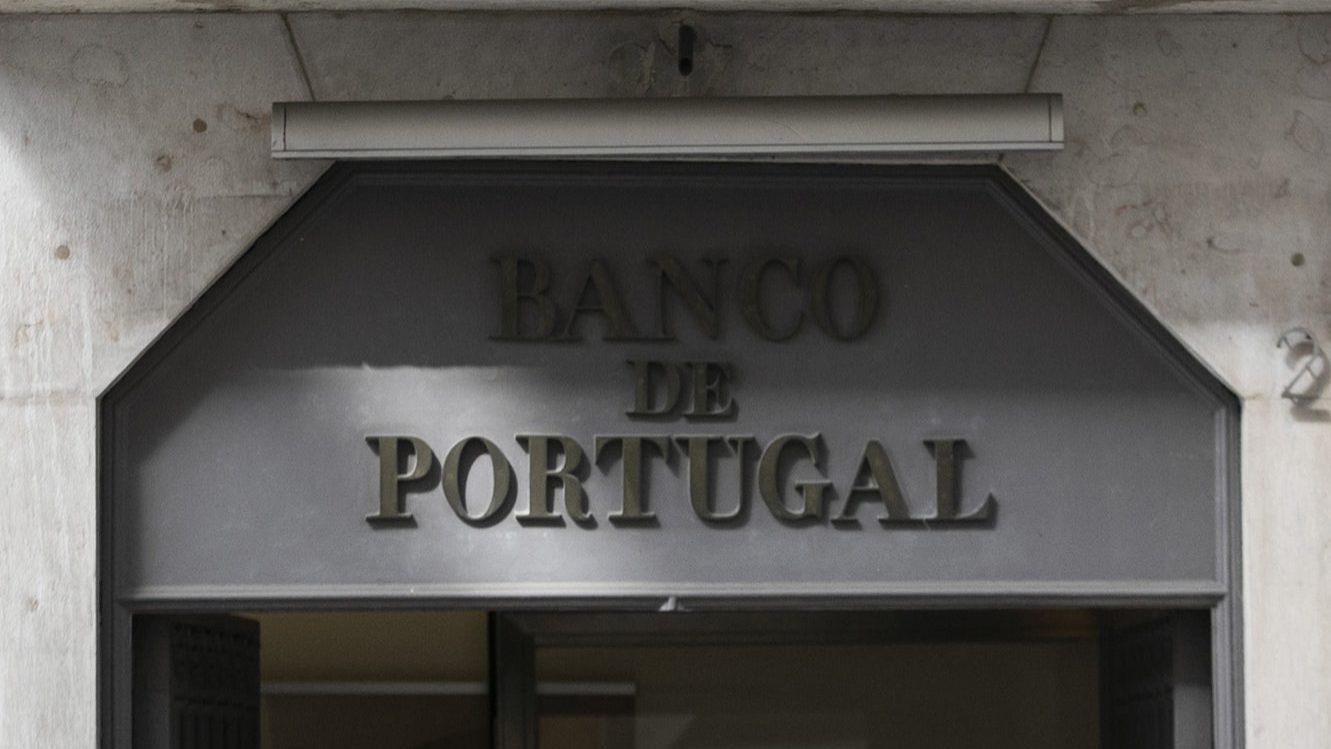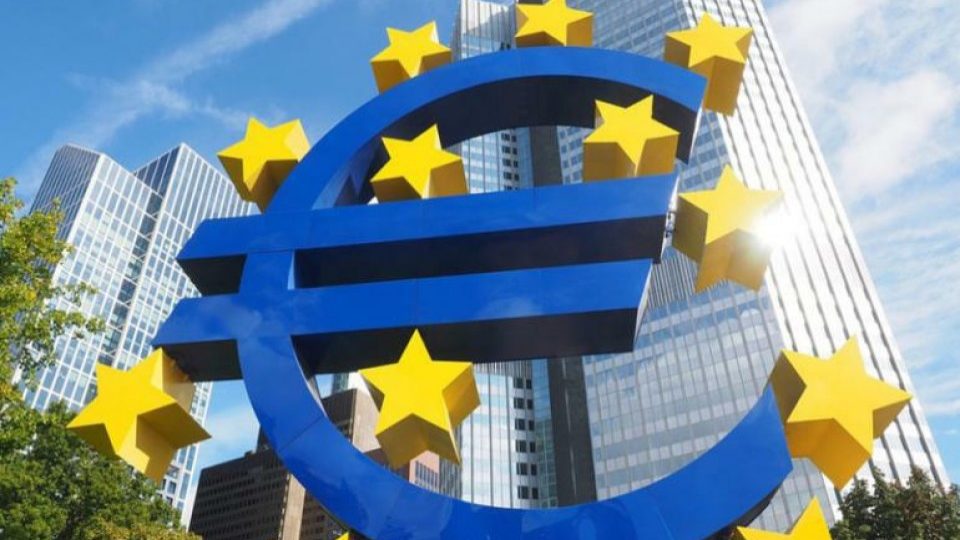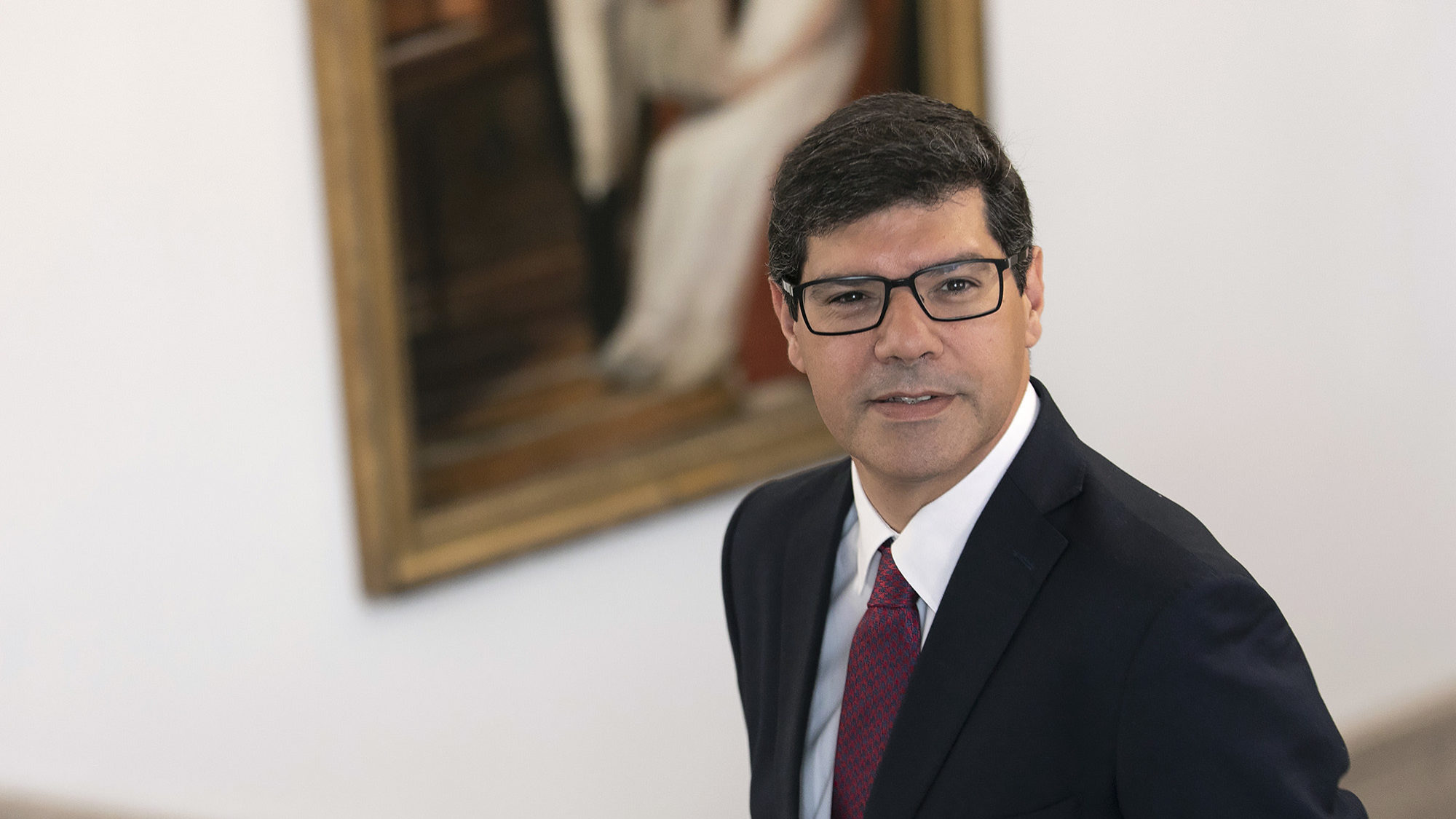Luanda Leaks to have domino effect – Transparency International
According to the head of Transparency International (TI), the investigation is likely to have a domino effect that could lead to explosive revelations about business dealings in other countries.
The head of Transparency International (TI) for southern Africa on Tuesday said that the ‘Luanda Leaks’ revelations about controversial business dealings by prominent Angolans are causing shock waves, particularly in Africa, speaking of “a domino effect” on similar cases elsewhere on the continent.
“The investigation is causing shock waves not only in Africa but also in the international community, because it shows that nobody is immune [from investigation] and that the alleged crimes are not secret,” Mokgao Kupe of TI told Lusa.
The investigation, she added, is likely to have a domino effect that could lead to explosive revelations about business dealings in other countries.
Kupe called the revelations from the ‘Luanda Leaks’ investigation – a cache of documents posted online on Sunday – “crucial” because they made clearer the level of corruption that for two decades existed in the public and private sectors in Angola.
“They also expose institutions and countries outside Angola that have facilitated … corruption, an interesting angle that sometimes fails to pass journalistic investigations,” she said.
It is “essential that the facilitators are held to account,” she added.
“Tax havens and countries that historically have good scores on the Corruption Perception Index should ensure that people and companies involved in corruption abroad are held to account and those stolen assets are returned,” she said.
Kupe stressed the important role of the media in recovering stolen assets, pointing out that governments often react only when faced with media scrutiny.
“Reports of corruption alarm investors and affect foreign direct investment when countries fail to take action against corruption,” she said. “Reports on the effects of corruption on the poorest raise public awareness and force governments to take responsibility for these assets.”
Kupe praised the actions of Angola’s government in the fight against corruption, saying that she is convinced that more people will be the target of investigations in the country.
“Remarkably, the government has taken such swift action against corruption suspects, including the former head of the Military Intelligence and Security Service, as well as Isabel dos Santos and José Filomeno dos Santos” – a daughter and a son of Angola’s former president, José Eduardo dos Santos – she noted.
Any corruption case involves a multiplicity of individuals and institutions, so it is highly likely that as investigations progress and media coverage increases, other individuals will be investigated, Kupe added.
On the other hand, she said, the role of Portugal and Europe is important in holding to account the institutions that facilitated the “looting” of Angola’s assets.
“It is also important that financial institutions, accountants, real estate professionals and lawyers, who are often heavily involved in transactions involving dirty money, are educated about ethical practices,” she said.
The International Investigative Journalism Consortium (ICIJ) on Sunday released over 715,000 files on the ‘Luanda Leaks’ platform, detailing the business and financial schemes of Isabel dos Santos and her husband, Sindika Dokolo, that appear to have allowed them to withdraw money from the Angolan public treasury, using tax havens.
Isabel dos Santos has described the allegations in the investigation as “completely unfounded”. She claims to be the victim of a political attack and hs promised “to fight in international courts” to restore the truth.


